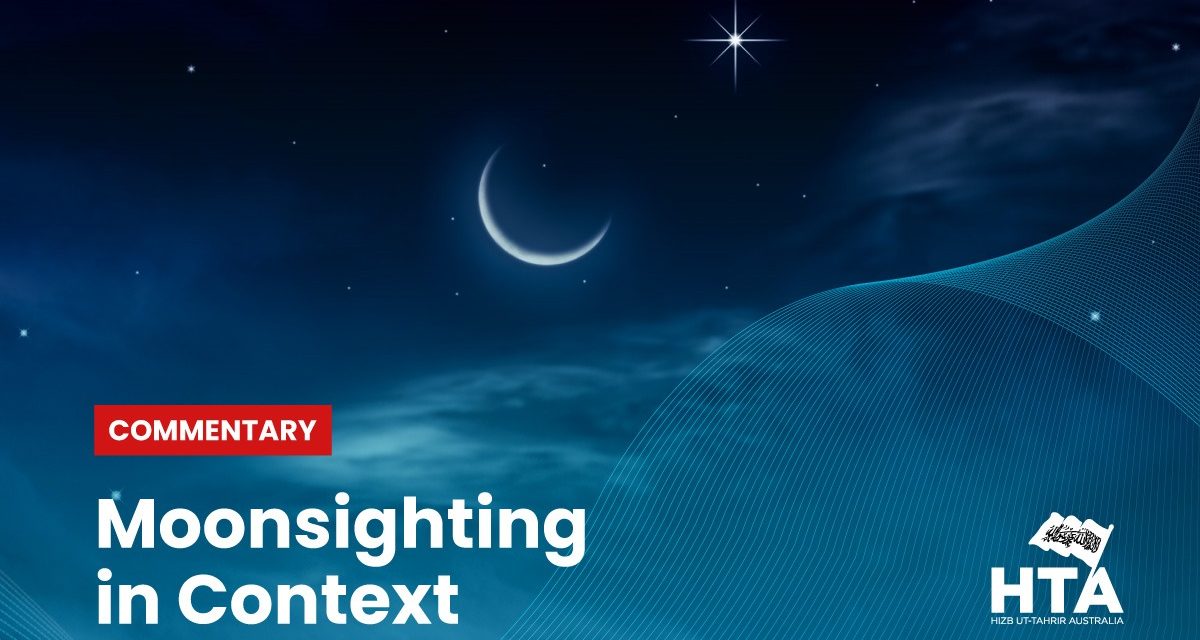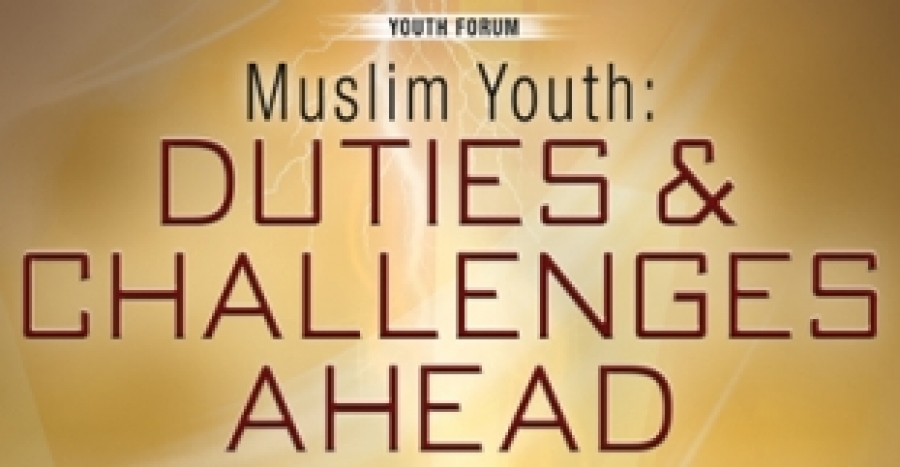For as long as we can remember, the beginning and end of Ramadhan has been synonymous with division and confusion. Whether it is families starting and ending Ramadhan on different days, scholars holding insurmountable differences or governments muddying the pristine waters of Islam, these divisions often leave us exasperated and defeated.
But does it have to be this way? And was it always this way? Here are some important points to remember when navigating this issue in future:
1. The start and end of Ramadhan is a fiqhi matter, built around the Islamic lunar calendar, enacted solely in response to the explicit commands of the Prophet (saw). Like every fiqhi matter, the position we adopt should rest on the strength of its evidences, and be treated seriously as such given we are ultimately referring to the commands and prohibitions of Allah (swt).
2. Differences of opinion are never in themselves sources of division for the Ummah. Not respecting those differences, or appreciating the reasons for their existence, or political point scoring as a result of them, is a cause of division.
3. The institution and maintenance of the Islamic lunar calendar is a political act. The beginning and end of the Islamic months was maintained by the Prophet (saw) in his (saw) capacity as the leader of the Muslims in Medina. We saw this when he (saw) was advised of moon sightings outside of Madina and ordered the retrospective adjustment of the Islamic calendar. We saw this when Umar (ra) initiated the Islamic Hijri calendar, enacted in Umar’s (ra) capacity as leader of the Muslims at that time.
4. Our personal positions about the beginning and end of Islamic months is just that, personal opinions. They have no political weightings, and no capacity for enforcement, no matter how many lavish titles we heap upon ourselves. To expect others to submit to them is naivety at best, or oppression at worst.
5. The divisions we experience every Ramadhan, and the political manoeuvring that inevitably accompanies it, is a stark reminder of the futility of Islamic fiqh in the absence of an Islamic authority with the capacity to command upon that fiqh. It is only the Khalifa that simultaneously enacts the fiqh and settles the fiqhi differences whenever it is required.
6. Let’s not confuse fiqhi differences with political divisions. If we are discussing the fiqhi considerations around moon sighting, then the only conversation to be had is the strength of respective positions. Calls for the abandonment of fiqh under the guise of pragmatism or defeatism should be rightly rejected. So too feigned appeals to ‘unity’ that are restricted within the bounds of modern statehood.
7. In the absence of the Khilafah, what should we do practically in the meantime?
Firstly, work for the Khilafah with the utmost urgency, with the divisions over Ramadhan being a small reminder of the much larger consequences of the absence of the Khilafah.
Secondly, treat the conversations around moon sighting as seriously as we should every fiqhi consideration. Understand the issue, enquire upon its evidences and know the classical positions. Importantly, don’t enter this conversation without first appreciating our political condition that so often taints our treatment of fiqh today.
Lastly, whenever you hear of a moon sighting, that meets the Islamic conditions, take this as your sighting without any consideration at all for the illegitimate borders place upon us. It’s a powerful message that our attachment is only to the fiqh and that our desire is true Islamic unity on a worldwide scale.
![]()















